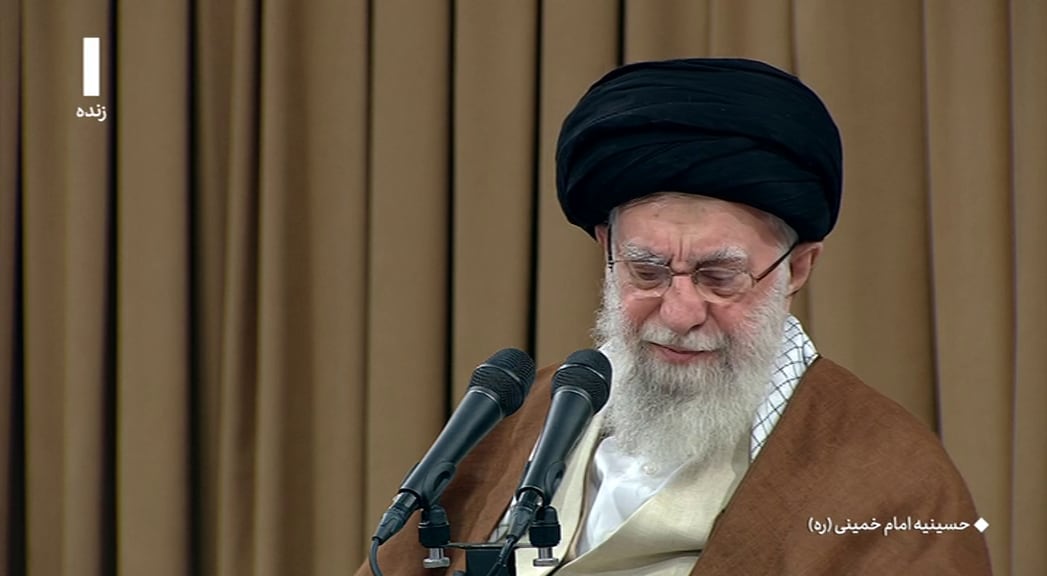
Following are excerpts from an address by leading Sunni scholar Sheik Yousuf Al-Qaradhawi, which aired on Al-Jazeera TV on January 16, 2011.
Sheik Yousuf Al-Qaradhawi: We salute the [Tunisian] people, which has taught the Arab and Islamic peoples, as well as the oppressed peoples in general, the following lesson: Do not despair, and do not fear the tyrants, for the tyrants are weaker than a fly, and more feeble than a spider-web. They quickly collapse in the face of the power of steadfast and resolute peoples.
[...]
After these words of salutation, we would like to advise the Tunisian people to protect its achievements, which it gained only with the blood of free people, with the lives that were lost, and with the pure blood that was shed.
The thieves of the revolutions must not deceive or make a mockery of the people. There are people who steal revolutions from their owners. They excel at this.
I would like to warn the Tunisians to be on the lookout for such people.
[...]
Let me ask the new president, Mr. [Fouad] Mebazaa, why he hasn't published, since he came... He should have begun by releasing the political prisoners, who were unjustly thrown into prison, merely because they held opposing views. They must be set free.
The detainees who have been held without trial and without evidence must be released immediately. Some things must not be postponed. Freedom must be made available to all – to all those whose hands were shackled or whose tongues were silenced, so that they would not speak or express a view regarding the building and revival of their country. All these people must be set free.
I have often said, on this TV show as well as on others, that as far as I am concerned, freedom takes precedence over the implementation of the shari'a. There must be no restrictions on liberties.
How is it possible that the tyrant has been toppled, yet liberties remain [restricted]? I am astounded by this. The tyrant has fallen, yet his followers remain in power.
[...]
Interviewer: This revolution began when a young man set himself on fire, in protest against the injustice he suffered, and so on. One of our viewers, Abdallah Ja'far, asks: Is the case of Mohamed Bouazizi, which led to the Tunisian uprising, an exceptional form of Jihad against the oppressor, or was it suicide?
Sheik Yousuf Al-Qaradhawi: Anybody who considers the matter in a comprehensive manner undoubtedly sees that this young man and others like him had mitigating circumstances. These [rulers] have brought the people to a state of psychological crisis. In my view, he was not free when he made this decision. He was seething from within.
[...]
The tyrants never listen and never heed advice, until they are toppled. Once they are toppled... After four weeks, Ben Ali said: I get it. You idiot! It took four weeks and hundreds of casualties for you to get it?! Why didn't you get it during all this time? This is the case with all the tyrants.
[...]

















